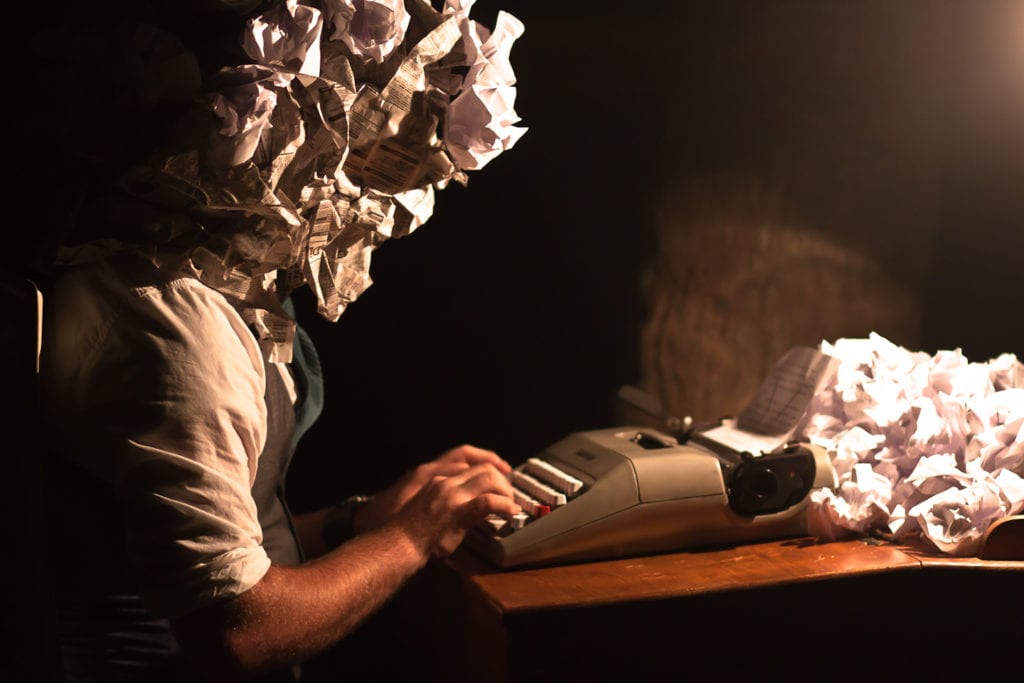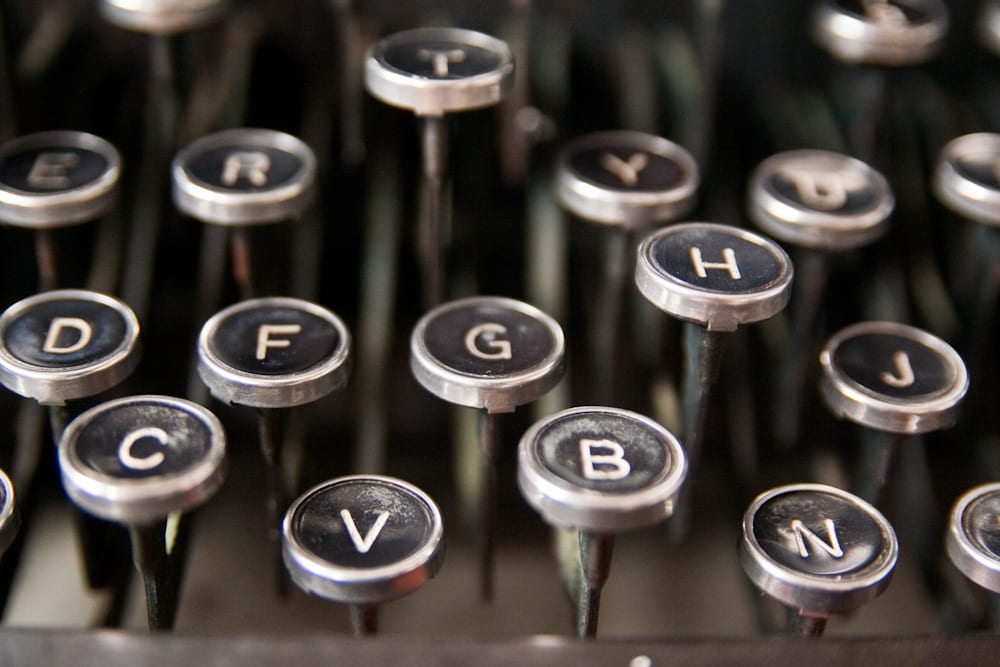
Today I am going to deal with a topic that, although it is important in all the arts, in literature much more because of its own characteristics: I am referring to the opposition and relationship between el fondo y la crafts.
Background and form
If I wanted to define these terms simply and quickly, I would say that el fondo is what we say, and the crafts how we say it. The same idea can be captured on two pages or two hundred, in the same way that the way a story is told will influence how we perceive it. This is especially important in literature, especially in narrative.
La crafts It is your cover letter before the reader, the first thing that will penetrate him before he gets fully into your text. Neglect the crafts it's like going out to dinner with a girl in the same tracksuit you wear for running. She probably doesn't want to repeat it, and neither does your reader. There are many examples of how to neglect yourself in this aspect, from the most basic such as making spelling mistakes, or confusing verb tenses, to more specific things such as abusing adverbs, internal rhymes, etc. Fortunately there is a very healthy way to correct this: reading a lot and everything. Not only will you be able to increase your vocabulary so as not to say that something is indescribable, but if you read other writers carefully, and you notice how arman their texts, you will see why and how they write.
Words that say nothing
Although there is no doubt about the importance of crafts, this involves a serious risk: the empty words syndrome. I mean those metrically perfect, but insipid and soulless poems, or those novels in which the writer seems to be constantly trying to show how great he is by putting words one after another. One piece of advice: if you don't have anything to say, don't say it, because no matter how clever you are, and no matter how dark metaphors you use, the reader will close your book sooner or later.

If you have recognized yourself in these phrases, do not despair, that there is a very simple cure: consider writing only what you would like to read. This idea has saved me many times from falling into pedantry and literary onanism, and I think that anyone can use it to judge themselves. The fine line between complex and Vulcan text is easy to cross; although, on the other hand, don't be afraid to write something difficult. You don't have to write with a basic syntax and limited vocabulary for people to understand and read you, even though you can do a lot more stupidity with these few resources than you might think. Ambiguities, a rich vocabulary, multiple interpretations, etc. they are usually a sign of good literature. The problem is when you try to pass this salt and pepper through the main dish.
Chasing the dream
As to fondo, here there is no turning of the page: either what you tell is interesting or they will not read you. Simple as that. No matter how well you write, you will not conquer anyone just with that. It is curious that the opposite case can happen, since some writers who are not very skilled in the formal aspect, make up for it with an overwhelming torrent of imagination and good ideas. But that this is not an excuse for us: that a few can be successful like this does not mean that we should do the same. The normal thing is that a poorly written book is poorly praised.
Summing up, and finally: what is more important, the bottom o the shape? The wisest thing, like so many other things in this life, is to take into account what the philosopher said: Virtue is in the middle. To write well you have to keep a balance between the two, since it is very easy to focus on just one. Whatever your case, cheer up! What to write is worth it.
I really liked the way you explain these concepts, I will not forget it. Thank you! You have been helpful, you thought I will pass my exam.
I really like the explanations on the background and the way when writing, it does it in a simple and easy to understand way. It is very didactic.
Thank you very much
Excellent explanation I had always had my doubts regarding this issue, but thanks to you I was clear.
A very understandable way of writing, thanks for your work, I finally understood these two terms.
The information is pleasant, since reading is a tool for expanding our knowledge, for this reason the content (the background) and how it reaches our hands and attracts our attention (the form) is of the utmost importance.
Right there, if we want to be read, that our readers can get into what we want to persuade and / or we as readers understand, analyze and identify what we want to build after searching for information or simply reflecting on the reading.